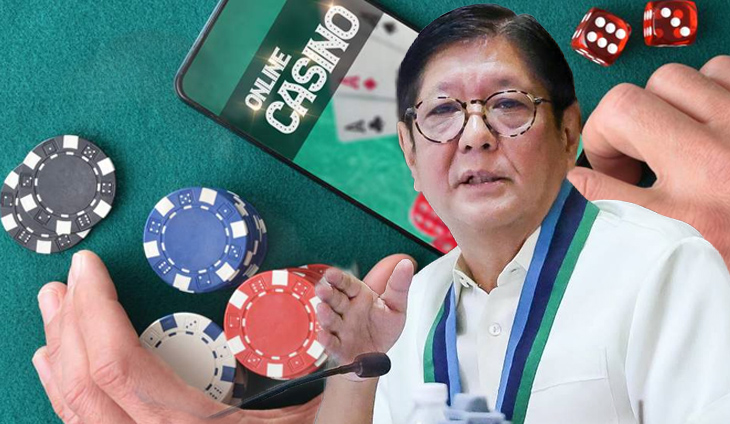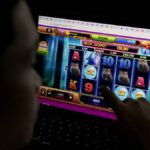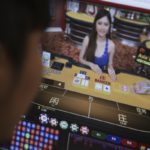President Ferdinand Marcos Jr. has made it clear that he favors tightened regulation over an outright ban on online gambling, also known as e-gaming, in the Philippines.
The President has directed the government to organize a multi-sectoral conference that will gather church leaders, parents’ groups, regulators, and other key stakeholders to craft a comprehensive policy for the industry. This, he said, is essential to address the social and economic risks linked to online gambling while ensuring the state retains control over its operations.
“We still have to form the policy on what we are going to do about online gambling,” Marcos stated. “I have already started to organize a conference of all the stakeholders.”
The talks will involve the Catholic Bishops Conference of the Philippines (CBCP), religious organizations, and advocacy groups — communities he sees as critical in protecting children and vulnerable sectors from gambling’s negative impacts.
Avoiding the Pitfalls of a Full Ban
Marcos emphasized that an outright prohibition would only drive gambling activities underground, removing any possibility for government oversight.
“The first effect of banning it fully is to put it underground, and then we have no control,” he said.
Instead, the administration’s priority is to regulate and monitor the sector to prevent problems such as gambling addiction, rising debts among low-income Filipinos, and minors being drawn into gaming.
“The problem is not online gambling itself,” Marcos explained in his BBM Podcast. “The problems are the social effects on our children and those who are addicted to gambling.”
Lessons from the POGO Experience
The President also cited the case of Philippine Offshore Gaming Operators (POGOs) as a cautionary tale. Initially viewed as harmless, POGOs eventually became associated with human trafficking, credit card fraud, and other illicit activities.
“POGO itself had no problem at first,” Marcos recalled. “But then it came with human trafficking, credit card scams, and other crimes.”
Policy Still Under Review
Marcos said the topic was excluded from his latest State of the Nation Address because the government is still conducting stakeholder consultations. The administration aims to finalize a policy that balances the economic potential of e-gaming with safeguards to minimize its harmful consequences.
Insights: What This Means for the Philippines
Marcos’s position signals a pragmatic approach to online gambling — one that recognizes the difficulty of eliminating it entirely. By focusing on stricter rules, the government could retain tax revenue, protect legitimate operators, and prevent illegal underground markets from flourishing.
However, the success of this strategy will depend on effective enforcement, transparent regulation, and close monitoring to ensure that the same mistakes seen with POGOs are not repeated. If implemented well, it could strike a balance between economic gain and social responsibility — but if oversight is weak, the risks of exploitation and addiction could still loom large.



